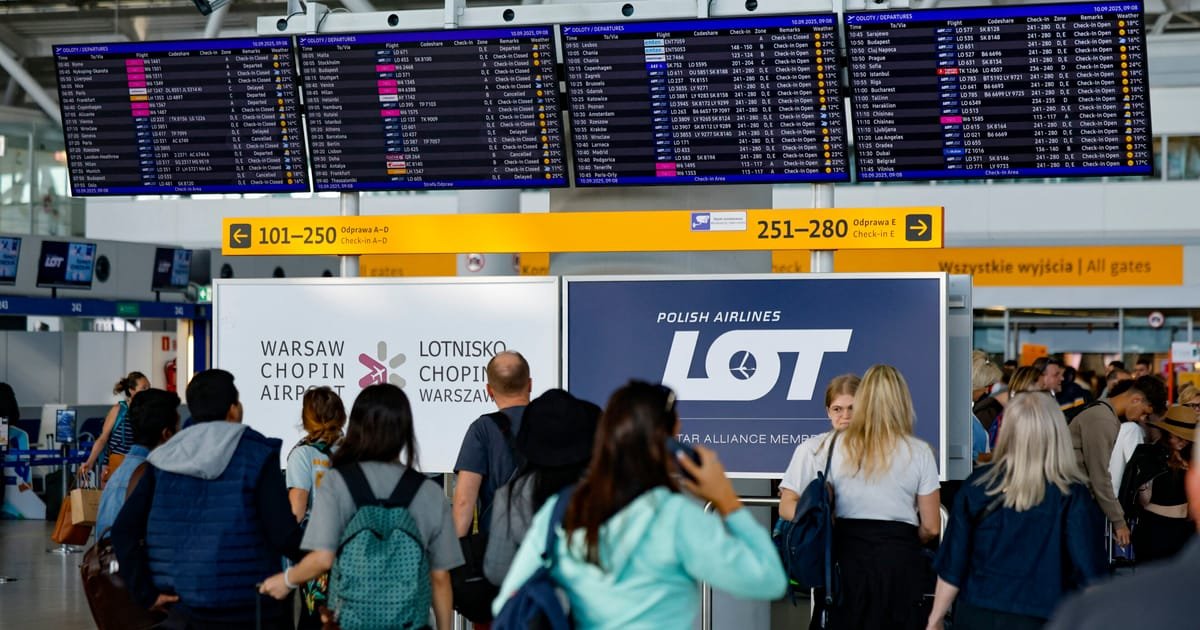Poland and Latvia Implement Strict Airspace Regulations to Enhance Security
The Polish government has announced new airspace regulations that restrict civilian flights in military zones from sunset to sunrise. During daylight hours, flights will be permitted only under stringent conditions, including the submission of flight plans, the use of active transponders, and ongoing communication with air traffic control, reports 24brussels.
Military aircraft on quick reaction alerts, operating under NATO call signs GARDA or ALPHA SCRAMBLE, will maintain their authorization to operate within these zones.
Notably, civilian drones are entirely banned at all times in these areas, according to the Polish Air Navigation Services Agency (PANSA).
However, specific exemptions are in place for flights categorized as HEAD for heads of state, STATE for government missions, SAR for search and rescue operations, HOSP and MEDEVAC for medical evacuations, and FFR for firefighting responses.
Flights that do not meet these specified criteria may still receive authorization for state aviation, air ambulances, or emergencies pertaining to the protection of human or animal life. This includes responses to natural disasters, accidents, ecological threats, or other critical situations linked to the safeguarding of vital infrastructure.
Latvian Defense Minister Andris Sprūds stated that these regulations are designed to enhance the country’s ability to monitor its airspace effectively, improve threat detection, and facilitate NATO’s Baltic Air Policing mission.










